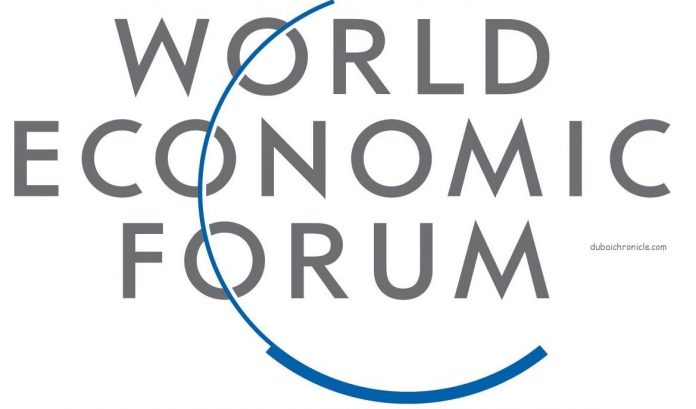
- Despite the recovery, risks are present and 2014 may be a year of volatility
- The agenda for 2014 is to complete financial reform
The outlook for the global economy is “cautiously optimistic”, leading financial experts told participants on the last day of the 44th World Economic Forum Annual Meeting. They warned, however, that old and new risks are still present and the coming year will bring volatility.
Christine Lagarde, Managing Director, International Monetary Fund, said the recovery is in a consolidation process, taking place at different rates and in different areas. Old risks persist that have not been fixed. “Financial market reforms are under way and are not yet completed,” she said. “A second risk is unbalanced growth. More interesting are the new risks, such as the issue of how tapering takes place, at which speed, how it is communicated and what spillover effects it has.”
Mario Draghi, President of the European Central Bank (ECB), who told Meeting participants yesterday that Europe was on the road to recovery, acknowledged that the longer inflation stays at a low level – it is currently below the 2% target and will remain there for at least two years – the more serious the risk of deflation. “We are ready and willing to act if needed,” Draghi said. Referring to the upcoming ECB’s stress test for European banks, he said: “Our most important objective is to shed light on what is in the banks’ balance sheets, which should be done in an operationally effective and completely transparent fashion.”
Wolfgang Schäuble, Federal Minister of Finance of Germany, was upbeat about the Eurozone and pointed to the better-than-expected performance of the countries that had to be bailed out. “We have regained confidence in the euro. The euro will remain a reliable and important currency and no one wants to change that.” Schäuble also pointed to progress made in financial reform, including laying the groundwork for the ECB to assume financial supervision for relevant European banks. “I have confidence that we can stabilize the Eurozone,” he added.
The United Kingdom and Japan are both experiencing a rapid recovery. In what Mark J. Carney, Governor of the Bank of England, characterized as “household-led” growth, the 2% inflation rate is back on target. “We have the greatest rate of job creation since records began in 1971,” he said.
Haruhiko Kuroda, Governor of the Bank of Japan, said that the Japanese economy has “rebounded very strongly” because of Abenomics’ three arrows – a massive fiscal stimulus, aggressive monetary easing and structural reforms. The 2% interest rate target should be achieved in two years. “We had deflation for 15 years, which created a negative mindset. Now the situation has completely changed and I’m optimistic,” he said.
In terms of the global economy, Kuroda told participants: “I am cautiously optimistic. The US economy will grow, Europe is recovering and growing; emerging economies will grow and accelerate. But we need to be mindful of downside risks.”
Laurence Fink, Chairman and Chief Executive Officer, BlackRock, USA, said: “The US economy is going to be fine. Banking is in good shape and is not experiencing deleveraging like those in Europe.” However, he warned that we will be in a world of great volatility. He added: “This doesn’t mean we will end up in a bad place. But there will be a lot of disruptions.”
Several experts emphasized the importance to persist with structural reform. “Financial sector reform and the regulatory environment are undergoing a major reset. Those structural reforms are necessary in all corners of the world,” Lagarde said. This was echoed by Carney, referring to the international agenda. “The agenda for 2014 is to complete the job of financial reform. We’ve made a lot of progress with Basel III. And 2015 will be about implementation and iteration,” he said.
The Annual Meeting 2014 is taking place from 22 to 25 January under the theme, The Reshaping of the World: Consequences for Society, Politics and Business. Participating this year are over 2,500 leaders from nearly 100 countries, including 300 public figures, 1,500 business leaders and representatives from civil society, academia, the media and arts.



































